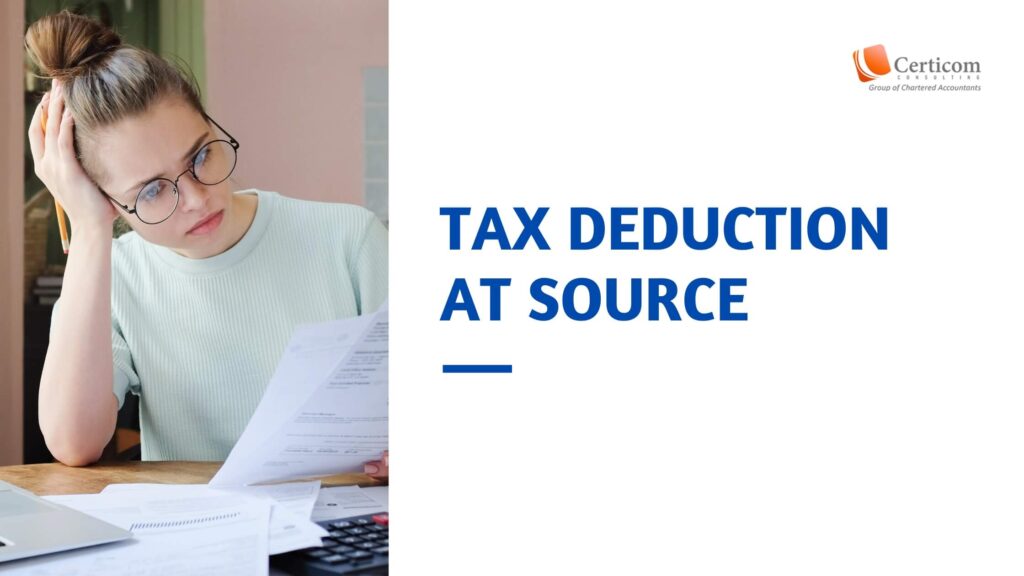- Have any questions?
What Is Inheritance Tax
An inheritance tax is levied on the assets received by heirs after someone’s death, calculated based on the net value of the deceased’s estate (assets minus debts).

An inheritance tax is levied on the assets received by heirs after someone’s death, calculated based on the net value of the deceased’s estate (assets minus debts). Inheritance refers to the collection of assets and entitlements passed on to heirs upon a person’s death. When a tax is imposed on this transfer of assets and paid to the government, it is known as an inheritance tax. This tax applies when assets and/or rights are transferred from one individual to another, specifically upon the death of the transferor, known legally as “mortis causa,” or without charge.
The Inheritance and Gift Tax, as outlined in tax legislation, operates under several principles:
1. Progressive: The tax rate increases with the greater amount inherited.
2. Personal: The recipient of the inheritance is responsible for paying the tax.
3. Direct: The tax is levied on the taxpayer’s assets rather than their consumption.
The inheritance tax rate varies by country, with some nations imposing a maximum rate of up to 55%. This tax typically applies to legal heirs such as children, siblings, and spouses.
In India, inheritance tax is also referred to as estate tax or succession duty. However, there is no specific national-level inheritance tax in India. Inheritance tax is more commonly associated with foreign countries like the USA.

Calculation of Inheritance Tax
Inheritance tax is determined by assessing the value of assets after deducting any applicable exemptions or deductions. Its primary aim is to generate revenue for the government while also supporting wealth redistribution.
What is the Inheritance Tax Rate in India?
India eliminated the inheritance Tax in 1985.
India did have an inheritance tax once in 1953, but later it was abolished in 1985 by Rajiv Gandhi.
Related Post
Filing your income tax return early this year? Understanding these 5 essential points is crucial.
CBDT Introduces Enhanced Feature in Income Tax AIS: Track Your Correction Request Status Now
Book A One To One Consultation Now For FREE
How can we help? *




